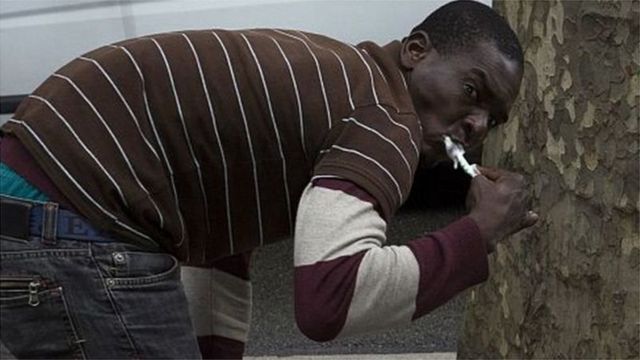
Oral hygiene is a problem that experts believe is affecting about 25 percent of the world's population. There are many factors that contribute to this problem, but most are related to oral hygiene.
Bad breath causes anxiety and stress in society, adding stigma and fear, but it is easy to overcome this problem.
The MNT Health Magazine has published a commentary, which will help people with this condition. Medical News Today estimates that one in four people have frequent bad breath problems. Bad breath is the third reason people seek treatment after experiencing toothache.
Bad breath is a common problem that causes some people to become very anxious and restless. Although, people often do not know that their mouths smell, but those around them can hear it. It makes a person feel embarrassed especially when he knows his mouth is recognizable by many smells. The smell of the mouth can be heard at a distance of four meters often.
What causes bad breath?
Bad breath can occur if the mouth is not properly washed, and can sometimes be the cause of the disease. Also, there are certain types of foods that can cause bad breath. And several common values can lead to bad breath. It is a problem that affects one in four people
The main reason if poor oral hygiene
- Leaving the food residue causes the problem
- Tooth decay
- Keep your mouth dry
- Smoking marijuana can cause bad breath
- There are also cases where medical medications can cause bad breath but it is only a matter of time before you finish those medications
- There are also infections that affect the larynx and nose and mouth where bacteria rot and cause bad breath.
- Family foods like onions, garlic and sweets help reduce odor.
How can you solve this problem?
The first way to deal with bad breath is to keep your mouth clean by brushing your teeth regularly after meals and at bedtime.
- If you do not have a brush, you will not be able to brush or floss every time you eat, according to doctors.
- Go to your dentist regularly to find out if any teeth are damaged and can cause bad breath. Seeing a dentist twice a year is enough.
- It is best to wash your mouth with lukewarm water and salt as it kills germs in your mouth that can cause bad breath.
- Take precautions by removing food from your mouth.
- When it comes to brushing, brush your tongue as well.
- Avoid allowing the mouth to dry. Drinking plenty of water reduces fever even if you have not eaten anything during the day.
- Avoid smoking or other alcoholic beverages.
- Eat bigwigs especially sugar-free sweets
If a person has tried all these steps at home and the mouth does not stop smelling then there is a need to see a doctor, it is not surprising there are decay teeth that need to be removed.
5 things to do to avoid bad breath and gum disease
Some people say that you should brush your teeth twice a day. But medical experts give more details about the important things you need to do to prevent bad breath, tooth decay, and gum disease.
Here are some things to do:
Do not rinse your mouth immediately after brushing. The UK Health Authority (NHS) advises that after you have finished brushing, you should spray an extra toothbrush, but do not rinse the mouth with a single toothbrush, because by doing so you will remove the fluide contained in the toothpaste and reduce it quickly before it does its job.
Do not use sticks to remove food stuck in the teeth.
The NHS advises people not to use sticks to remove food stuck in the middle of the teeth, as these sticks affect the gums and can cause infections. They advise you to use clean brushes if you have gaps between your teeth.
Use yarn to reduce bad breath
Experts recommend using a Flossing fit yarn that you can place in the center of your teeth and pull it back and forth to remove sticky food residues that cause bad breath. However they suggest that regular use of yarn is not good for oral health.

Use a toothpaste after brushing your teeth
The NHS advises people to use a mouthwash after brushing instead of water to avoid removing fluoride that helps clean the mouth.
You should help children brush their teeth until they are 7 years old
The NHS is advising people to help children brush their teeth until they reach the age of seven. According to the advice, if you do not help them, you will not be able to monitor and teach them to clean their teeth and they will not be able to remember to do so regularly.
SOURCE - BBC SWAHILI












0 Comments